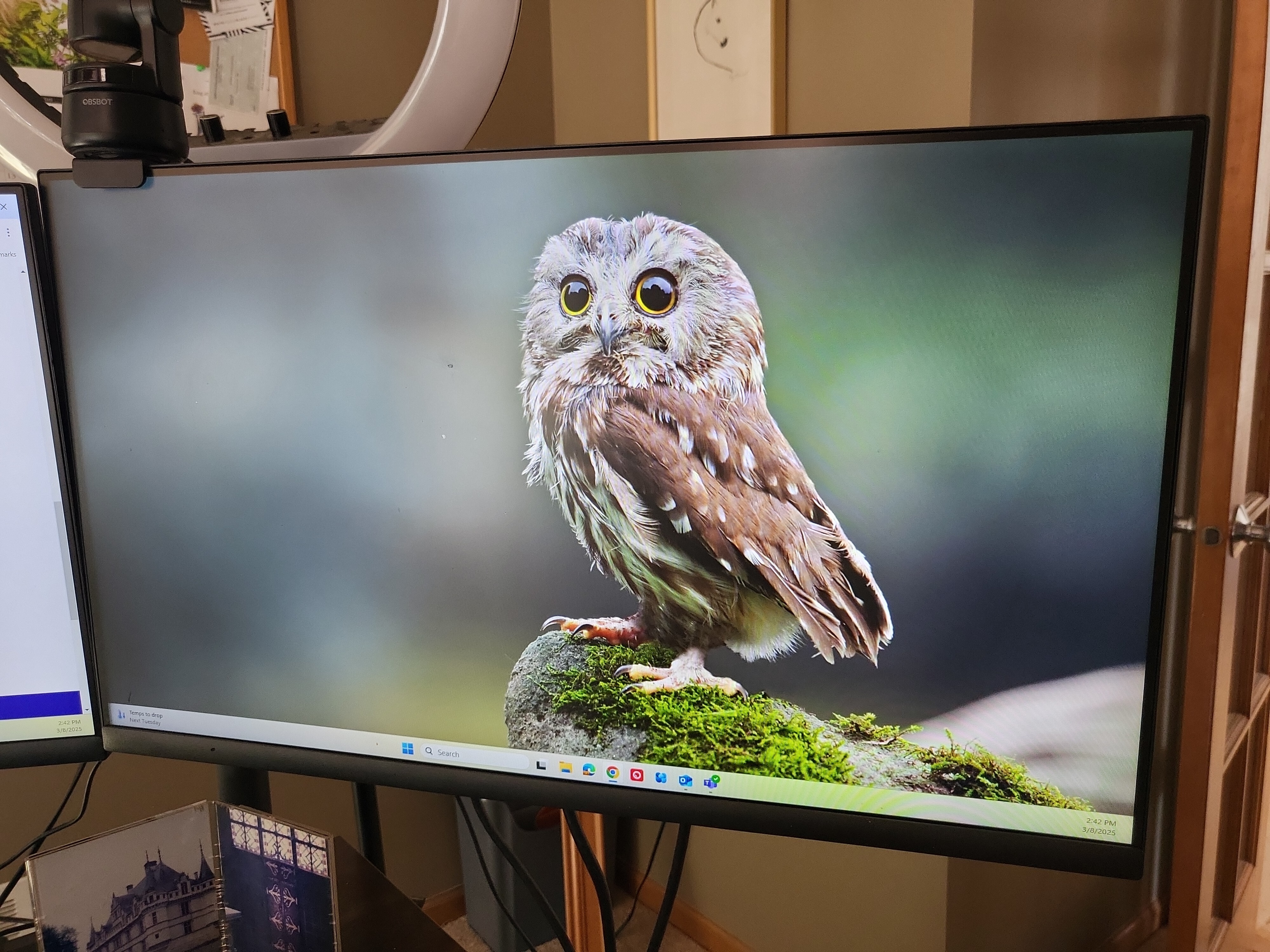Ok, Lemmy, let's play a game!
Post how many languages in which you can count to ten, including your native language. If you like, provide which languages. I'm going to make a guess; after you've replied, come back and open the spoiler. If I'm right: upvote; if I'm wrong: downvote!
My guess, and my answer...
My guess is that it's more than the number of languages you speak, read, and/or write.
Do you feel cheated because I didn't pick a number? Vote how you want to, or don't vote! I'm just interested in the count.
I can count to ten in five languages, but I only speak two. I can read a third, and I once was able to converse in a fourth, but have long since lost that skill. I know only some pick-up/borrow words from the 5th, including counting to 10.
- My native language is English
- I lived in Germany for a couple of years; because I never took classes, I can't write in German, but I spoke fluently by the time I left.
- I studied French in college for three years; I can read French, but I've yet to meet a French person who can understand what I'm trying to say, and I have a hard time comprehending it.
- I taught myself Esperanto a couple of decades ago, and used to hang out in Esperanto chat rooms. I haven't kept up.
- I can count to ten in Japanese because I took Aikido classes for a decade or so, and my instructor counted out loud in Japanese, and the various movements are numbered.
I can almost count to ten in Spanish, because I grew up in mid-California and there was a lot of Spanish thrown around. But French interferes, and I start in Spanish and find myself switching to French in the middle, so I'm not sure I could really do it.
Bonus question: do you ever do your counting in a non-native language, just to make it more interesting?




Rust needs to be reduced back to ore, using a reactive, usually coke. Coke is purified coal. Coal is a fossil fuel. You can do it with charcoal, which can be made by burning wood, so it's possible without coal, just not as efficient. This assumes you can gather the rust - it tends to break down and disperse into the environment, but if you broke up concrete to get at rusted rebar and could collect the rust, you could reduce it with charcoal.
Again, it's a matter of scale. We mine iron and deposits because we can get large amounts in seams. If you're trying to harvest rust and reduced it with charcoal, you're producing iron on the scale of making knives and swords, not cars, or combine harvesters, or more rebar.
It's a chicken-egg problem. We have been able to come as far as a have because oil, coal, and iron were just laying around on the surface, in huge quantities. Those are gone, and now you need the big tools first to get at the reserves that are left.